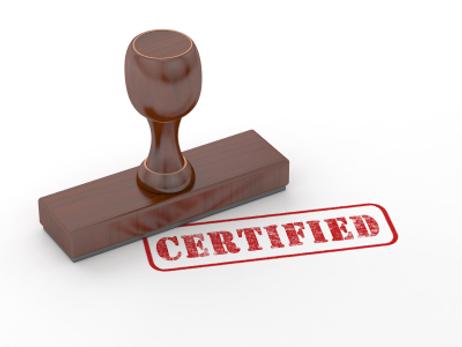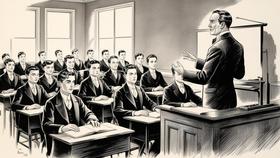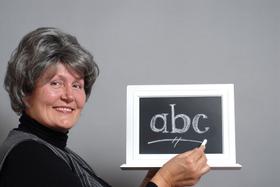Your Teaching Contract Hasn't Been Renewed?
You thought that you were doing a good job. Your students seemed to like you. You interacted well with parents. However, everything changed when you received that dreaded letter stating that the school would not be renewing your contract for the coming academic year. Unfortunately, since private school teachers are not unionized, you have no recourse. Obviously, you need to make sure that you leave with good references if at all possible. It will do you no good to leave with negative references.
Most teachers like to teach. But many teachers don't like to market themselves. Unfortunately, that is what private school teachers have to do these days. Nobody else is going to market them. Most teachers don't belong to an agency that exposes them to schools looking to fill a vacancy. Because the job market is so very competitive, teachers have to sell themselves or risk losing out to a more competitive candidate. Here are five things which you can do to prevent that non-renewal letter from arriving in the first place.
1. Show that you love teaching young people.
I mention this in the first slot because this is why the school probably hired you in the first place. Occasionally a school will hire a displaced college professor. Why does that matter? Academia has been shedding jobs for many years as colleges realign their programs to changing market conditions. As a result, hundreds of very well-degreed graduate students are


















